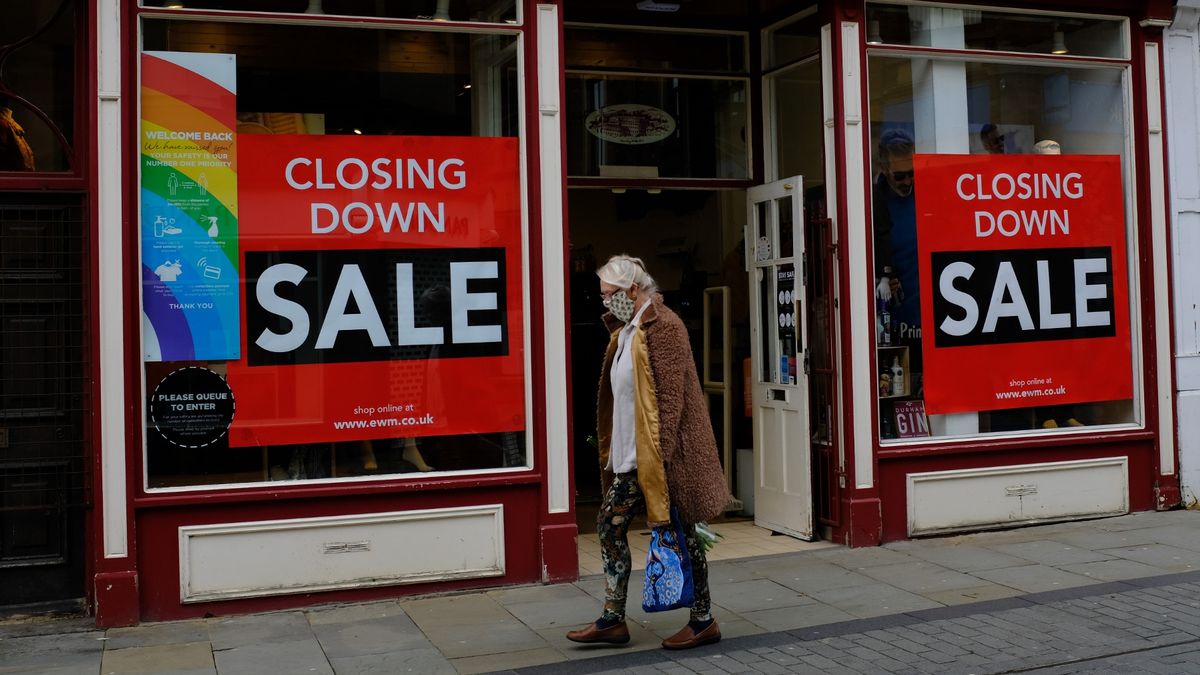
The closure of physical stores by retail giants has led to job losses and reduced footfall in town centres, with many businesses struggling to stay afloat.
Sainsbury’s Argos outlet based in Salford is the newest addition to the list. This sudden decision by the company will put the jobs of at least 1,400 people at risk.
Since January, nearly 15,000 British retail jobs have been lost during the beginning of this year.
According to the Centre for Retail Research, several leading companies have announced a total of 14,874 retail job losses so far.

In a recent interview with the Guardian, Kris Hamer, director of insight, the British Retail Consortium said that the first half of 2023 is likely to be challenging for households and retailers.

He also added: “There is cause for optimism in the second half of 2023 when we expect inflation to ease and improving consumer confidence to result in an improvement to sales growth, and corresponding volumes.”

The retail industry in the UK has seen a significant shift in recent years, with the rise of e-commerce and changing consumer behaviours.
The closure of big outlets, including popular brands like Boots, Tk Maxx, and New Look, represents one of the most noticeable manifestations of this transformation. Not only has it affected the retail sector, but it has also had ramifications for the broader economy.
National retailers like M&Co have declared bankruptcy in recent weeks, while discount retailer supermarkets Tesco and Asda have also announced job cuts.
Rising costs of raw materials, supply chain disruptions, and increased competition from online retailers are all contributing factors to the cost-of-living crisis.
The projected unemployment rate for the United Kingdom in 2023 is 4.1%, representing an increase from 3.6% in the previous year (2022).
It is anticipated that unemployment will continue to rise to 4.9% by 2024, before gradually decreasing to 4.2% by 2027.

The cost-of-living crisis has also affected consumer spending, with many people struggling to make ends meet and having less disposable income.
The pandemic has further aggravated these issues, with many forced to close their stores for extended periods of time and facing increased costs due to safety measures and supply chain disruptions.

This has put additional financial pressure on retailers, particularly those that were already struggling prior to the pandemic.

A recent report from the Bank of England predicts that inflation rates will decrease by mid-2023 and could potentially reach around 4% by the end of the year.
This forecast has brought some hope to the working class, who have been heavily impacted by the current economic situation in the country.
